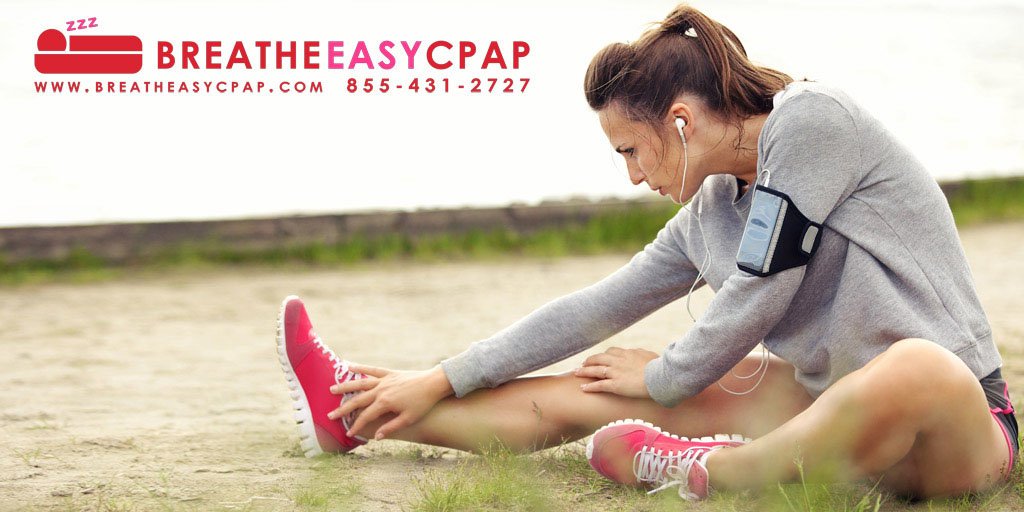Fitness Trackers for Sleep
These days, time moves quickly and life is busy. This fast-paced world is one of many reasons to pay attention to your time and the quality of sleep you’re getting at night. With insomnia impacting more people each year and the prevalence of sleep apnea increasing, it’s ever more challenging to sleep well at night. Although we know that technology like screened electronics can contribute to sleep loss, technology is also finding ways to improve sleep.
Fitness Trackers and Sleep
By now, you’ve almost certainly heard of the popularity of fitness trackers like the FitBit and Jawbone. They strap to your wrist and work as watches, count daily steps, and measure heart rate. Most fitness trackers go even further by claiming to measure your sleep.
The idea behind this assertion is that fitness trackers record sleep patterns so that you can examine them each morning. After looking at your sleep quality, you are able to ask yourself what sort of behavior you engaged in on a day that was followed by good sleep. Did you drink less coffee or go for a long walk? The same idea holds true for exploring the problems behind a rough night.
Are Fitness Trackers Reliable?
Although Fitness trackers are very popular, some wonder whether or not they are entirely accurate indicators of sleep quality. For instance, most use a sensor to track movement and claim that they can tell whether or not you’ve engaged in deep or light sleep. The issue behind this claim is that most people move just as much in one stage of sleep as they do in another.
Physical Activity Improves Sleep
Whether or not your fitness trackers is reliable for detecting and measuring your sleeping habits, they are certainly likely to encourage you to start moving more every day. We have evidence to support that sleep is impacted by physical activity, and studies show that people who exercise report a decreased in perceived sleepiness, meaning they feel less tired overall.
If you use a fitness tracker, set a goal for 10,000 steps every day and increase your heart rate for twenty to thirty minutes a day. Ask your doctor what types of physical activity you’re able to engage in and use your fitness tracker with friends to compete for improved health.
You May Be Suffering From Sleep Apnea
If sleep is still a struggle after an increase in physical activity and the use of fitness trackers just isn’t cutting it, talk to your doctor about whether or not you need to have a sleep study performed. This test looks for a variety of sleep issues and can tell you whether or not you are suffering from sleep apnea.
If you’re one of the twenty-two million Americans suffering from this condition, don’t fret. Sleep Apnea is highly treatable through Continuous Positive Airway Pressure therapy.
Visit a reputable CPAP supply retailer to set up your CPAP system. The respiratory therapists, nurses, and physicians at Breatheeasycpap.com are highly skilled in helping you get connected with the leading CPAP choices. Our products are diverse, low priced, and superior in quality. Engaging in CPAP therapy is the best way to ensure a good night of rest for sleep apnea sufferers.

